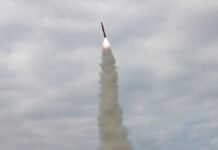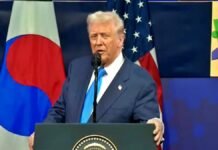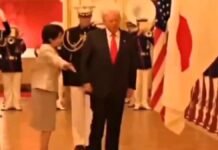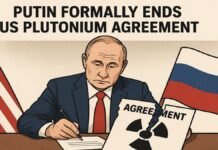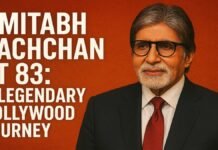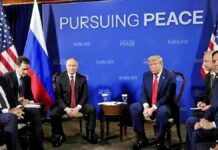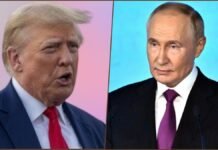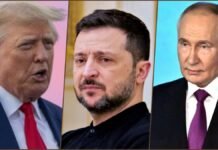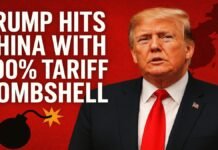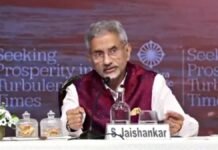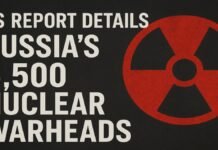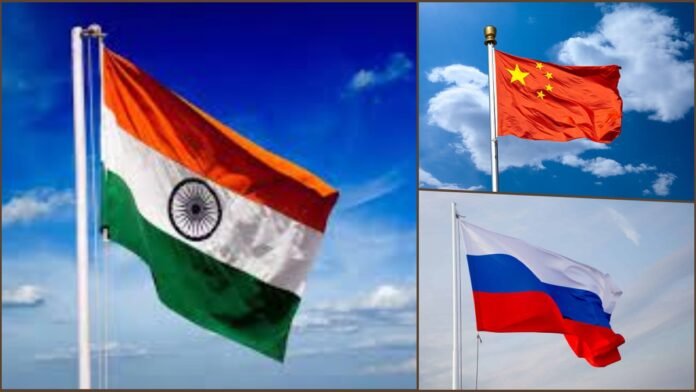
Key Points
- India Open to RIC Revival: MEA spokesperson confirms India is willing to restart the Russia–India–China trilateral dialogue after a long pause, signaling a potential reset in Eurasian power dynamics.
- Historic Mechanism: The RIC format was created in the late 1990s by ex-Russian PM Yevgeny Primakov as a counterbalance to Western influence, and has convened over 20 ministerial-level meetings.
- Russian Enthusiasm: Moscow, under Foreign Minister Sergey Lavrov, has publicly urged India and China to resume the ‘troika’ mechanism, viewing RIC as crucial for regional and global multipolarity.
- Border Tensions Not Ignored: India insists that ties with China remain conditional on stability along their shared border, reiterating security as a prerequisite for normalization.
- Broad Focus: Past RIC meets have tackled everything from security and UN reform to disaster relief, agriculture, energy, and technology cooperation.
- Possible Agenda Ahead: If revived, RIC could address pressing issues like the Ukraine conflict, Indo-Pacific security, China’s BRI/INSTC, West Asia turmoil, energy transition, and regional economic integration.
New Delhi: India has formally indicated its readiness to revive the trilateral Russia–India–China (RIC) dialogue—a format with the potential to reshape Eurasian and global power equations as US-China and NATO-Russia rivalries intensify worldwide.
Speaking at the Ministry of External Affairs (MEA) weekly briefing, spokesperson Randhir Jaiswal confirmed,
“This is a mechanism where three countries come together to discuss global and regional issues. When this meeting happens, we will work out a mutually convenient date and let you know.”
The move comes after Russian Foreign Minister Sergey Lavrov, in June, strongly pushed for an urgent resumption of the RIC format. Lavrov stressed,
“We have a genuine interest in the earliest resumption of the work within the format of troika – Russia, India, China – which has met over 20 times since Primakov’s initiative, including at the level of foreign, economic, trade and financial ministers.”
A History of RIC And New Strategic Calculations
The RIC concept dates back to Yevgeny Primakov, who envisioned it as a Eurasian coalition capable of balancing Western (mainly US) hegemony. The last decade saw the mechanism stall amid India-China border tensions and changing geopolitical priorities.
- RIC’s Early Achievements:
- Landmark 2007 Delhi Security Summit: India, China, and Russia discussed regional security, the UN reform process, and flashpoints across the world.
- 2008–2010: Expansion into expert working groups addressing disaster relief, agriculture, healthcare, energy, and tech innovation, held in cities like Moscow, Bengaluru, New Delhi, and Samara.
Why Now? The Geopolitical Pulse
- Rise of Multipolarity:
With US-China relations worsening and Russia deepening ties with non-Western powers amidst continuing Ukraine turmoil, Moscow sees RIC as vital for a “multipolar world order.” - China–India Border Dynamics:
India has consistently stated that normal relations with China depend on “peace and tranquility” at the border. Any RIC revival will test whether Beijing is willing to address New Delhi’s security concerns. - Shared Interests, Divergent Views:
The three nations have common ground on global governance reforms, but differ on regional issues Ukraine for Russia, Indo-Pacific for India, and BRI/INSTC for China.
What’s Next? Possible RIC Agenda in 2025
If a new round of RIC talks materializes, likely discussion points include:
- Ukraine Crisis and West Asia Security
- UN Security Council Reform
- BRI and Alternative North-South Trade Corridors (INSTC)
- Regional Terrorism and Afghanistan
- Energy Security and Clean-Tech Collaboration
India’s Strategic Calculus: Cautious Engagement
India’s readiness to consider RIC must be seen through a pragmatic lens openness to multilateral platforms without compromising on its own strategic autonomy or ongoing concerns with China.
“We remain open to dialogue but expect constructive engagement on pressing security issues, especially with respect to our border,” a senior MEA official (off the record) said.
The Big Picture
A revived RIC format could become a pivotal axis in the new Cold War shaping everything from global trade flows to strategic alignments. But real progress will hinge on whether India and China can find common ground despite unresolved border disputes, and how Russia navigates its growing alignment with Beijing while courting New Delhi.



